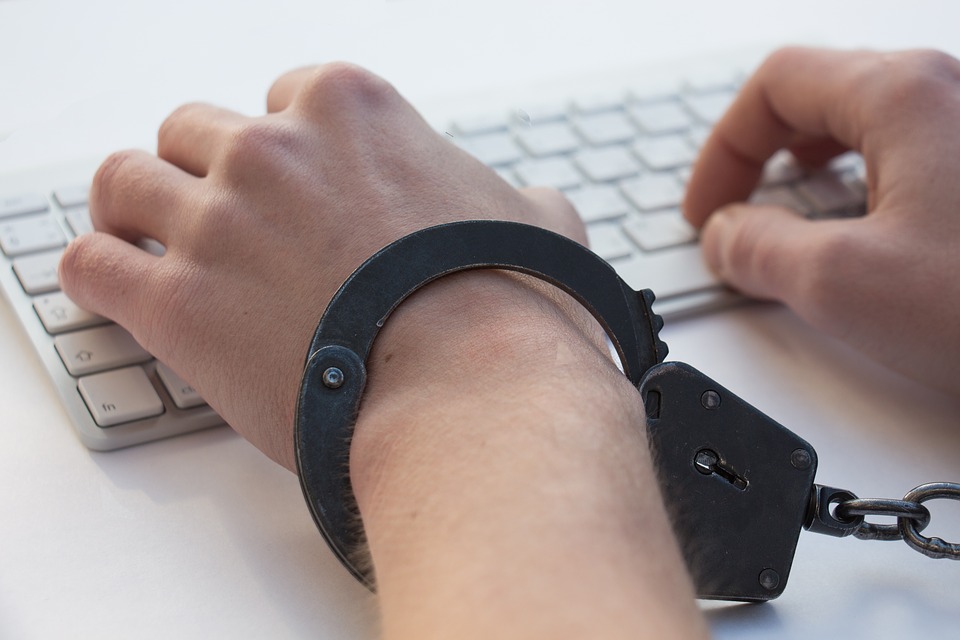It’s getting harder for people to switch off from their professional personas, especially as an assistant, where your working day doesn’t necessarily end when everyone else’s does. But being a workaholic can cause serious problems to your health and social life.
We all take pride in our work, but some people find it difficult to draw a line between their professional and personal lives. If you find yourself constantly staying late at the office, keeping one eye your emails and struggling to switch off at night, then there’s a high possibility you could be a workaholic.
While it might be the most socially acceptable form of addiction, workaholism is still a terrible habit to fall into and can have extremely negative effects on your physical health and mental wellbeing. In a recent survey carried out by CALLCARE, 64 per cent of respondents felt that their salary wasn’t high enough to match the stress of their job.
With experts claiming that one in four employed people show workaholic traits, it’s important we recognise addictive behaviour and the impact it can have on our lives.
The signs and symptoms
There are some very obvious signs and symptoms of workaholism, but others aren’t as easy to detect.
Obvious signs:
- Chronic fatigue
- Frequent headaches
- Impatience and irritability
- Chest pains and shortness of breath
- Reliance on caffeine and other stimulants
- Self-neglect
Hidden signs
- Depressive thoughts
- Memory loss due to exhaustion
- Increased adrenaline and blood pressure
- Feelings of self-inadequacy
- Lack of appetite and poor digestion
Working hard, or hardly working?
Studies have shown that working long hours is not conducive to productivity. Stress can have extremely negative effects on our ability to work effectively.
Time Management: A busy brain will find it more difficult to organise and prioritise.
Memory: Stress affects our ability to retain information, making us forgetful.
Focus: You’re more prone to becoming distracted when you’re exhausted and on-edge.
Health: Stressed out workers fall ill often, making them more likely to take time off work.
Breaking the habit
- Give your brain a break! The ideal work-to-break ratio is 52 minutes of work to 17 minutes of break.
- Don’t eat lunch at your desk. Taking a proper lunch break will reset your mind and can help keep obesity at bay.
- Stay away from your phone. Switching off emails and calls when you’re not at work allows you to properly relax, reducing stress.
- Go on holiday. Studies show that workers who don’t use their holidays are less productive and have poorer performance.
- Decide on a strategy. Write down a list of steps you can take to improve your work/life balance (e.g. I will only work 5 out of 7 days)
- Seek help. Depending on the severity of your addiction, you may see the best results with help from a doctor or support group.
The perfect work/Life balance
Workaholism is a serious addiction and can be linked to a number of major health complaints. If you recognise some of the signs and symptoms mentioned here, it might be time to reassess your work/life balance.
To read more about creating a healthy work/life balance, click here.















